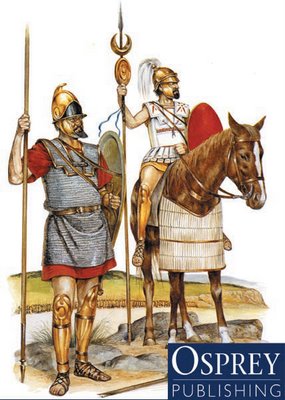
Top of the head rating: 4/5
We watched the wonderful
V for Vendetta last night. It was a great film, with enough going on to keep us rivetted to it, despite the Phantom of the Opera overtones of an masked hero living in the underground.
It was nice to see a film that treated it's audience as intelligent people, that did not over-explain, or at the other extreme oversalts with handwaved plot points or coincidences. There are, of course, some unexpected issues. V appears to be wealthy, but no reason is given for that (except perhaps theft), he is exceptionally gifted in combat (again no reason), and at the end seems to have some Matrix-like speed (a Wachowski brothers movie of course ...). V is entitled to be mysterious, because he is the center of the plot, the epitome of the mystery being unravelled. It seems fitting that as he says he does not believe in coincidence, he is surrounded by them. Also, we come into the story well at the end - you eventually realise that this is the culmination of over a decade's hard work.
The actors do a fine job within the weirdness of this future vision. Hugo Weaving's voice beautifully conveys emotion even when his face is unseen, and Natalie Portman is believable as a bystander pulled into the plot - although her British accent is atrocious in the first few scenes (I was sure she was meant to be playing a Yank stuck in Britain). The rest of the cast play their parts well, although only Stephen Rea is really stretched by his role. Roger Allam deserves special mention for his too-brief egotistical ravings as the "Voice of London". In fact the words of the screenplay are beautifully selected, and add the texture to the monochromatic fascist background of dystopian Britain. For example, this piece by V shows a nice self-mocking turn of phrase:
“Voilà! In view, a humble vaudevillian veteran, cast vicariously as both victim and villain by the vicissitudes of fate. This visage, no mere veneer of vanity, is a vestige of the vox populi, now vacant, vanished. However, this valorous visitation of a bygone vexation stands vivified, and has vowed to vanquish these venal and virulent vermin vanguarding vice and vouchsafing the violently vicious and voracious violation of volition. The only verdict is vengeance; a vendetta held as a votive, not in vain, for the value and veracity of such shall one day vindicate the vigilant and the virtuous. Verily, this vichyssoise of verbiage veers most verbose, so let me simply add that it's my very good honor to meet you and you may call me V.”
So is it perfect? Frankly no, it took a third of the movie for me to realise that "St Mary's" is the name of the disease central to the plot, and not just a location. Most of the characters seem a bit too cardboard cutout, and in a fascist state, men with guns rarely hesitate to shoot mobs of rebels - even if unarmed.
it is however well worth seeing, and whilst some people have identified modern American neo-conservatives with the Norsefire fascists in the film, I think that a more certain view is that government is intended to be for the people, and
any government that forgets that is on the slippery slope to fascism.

